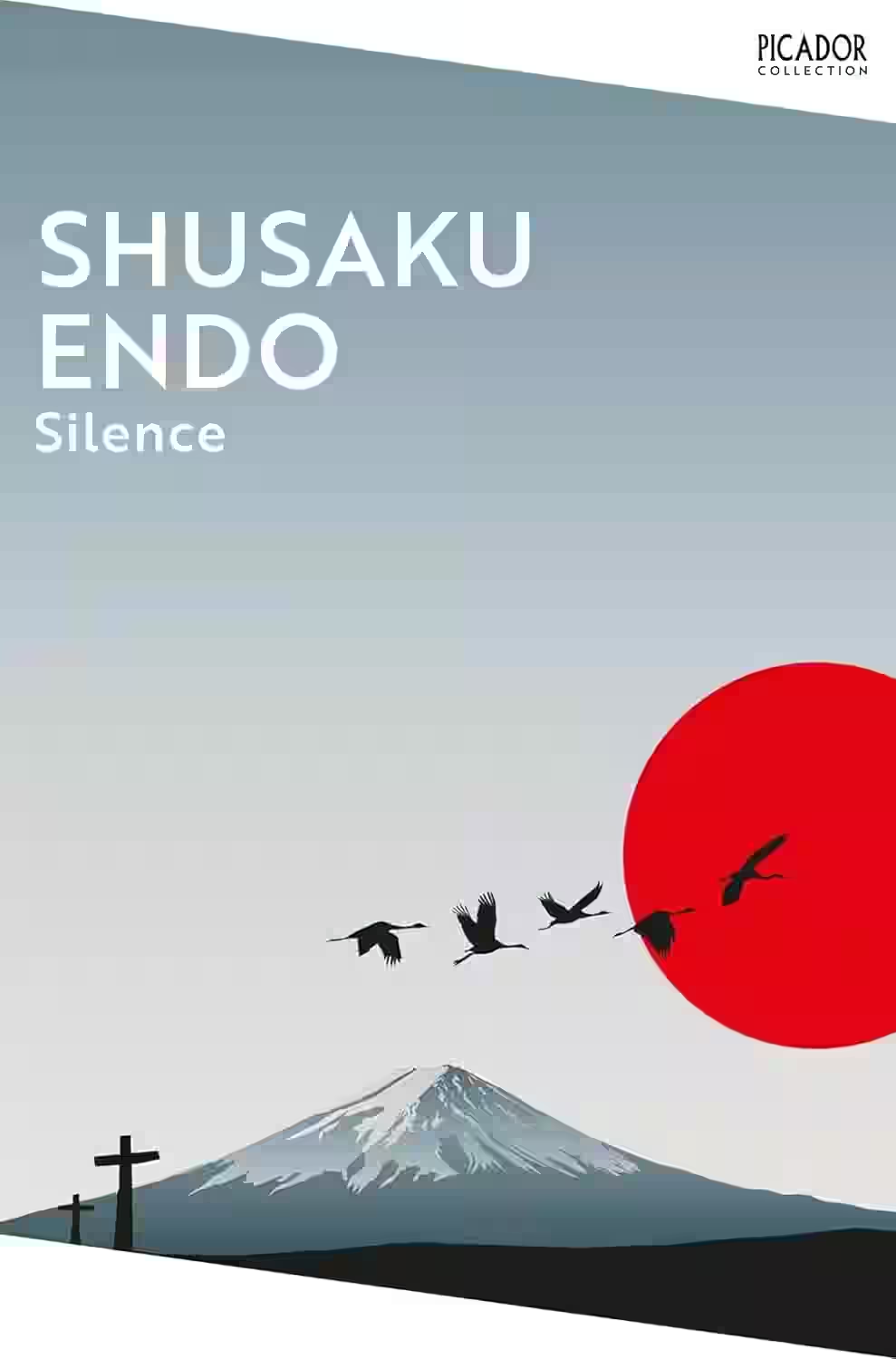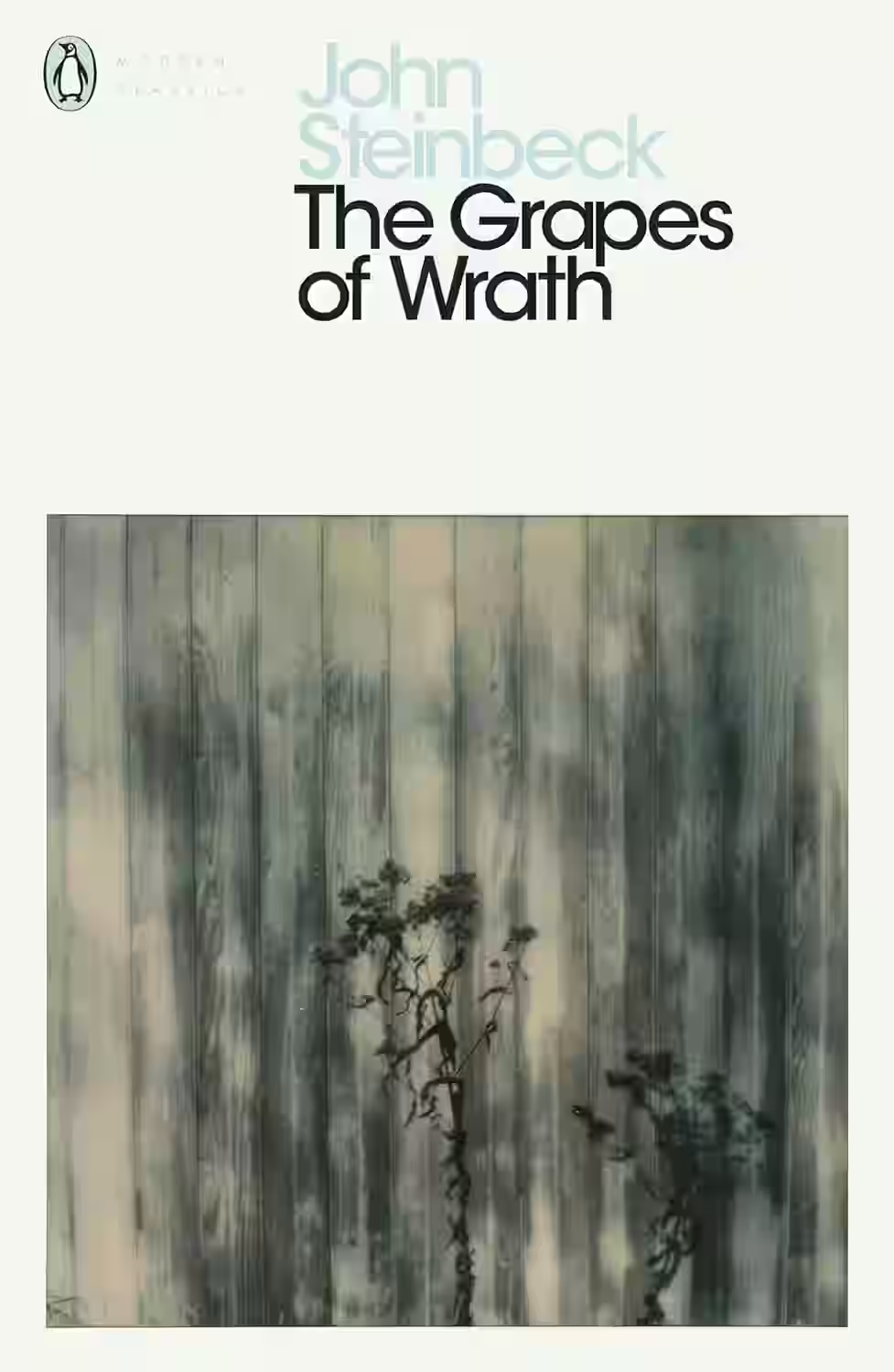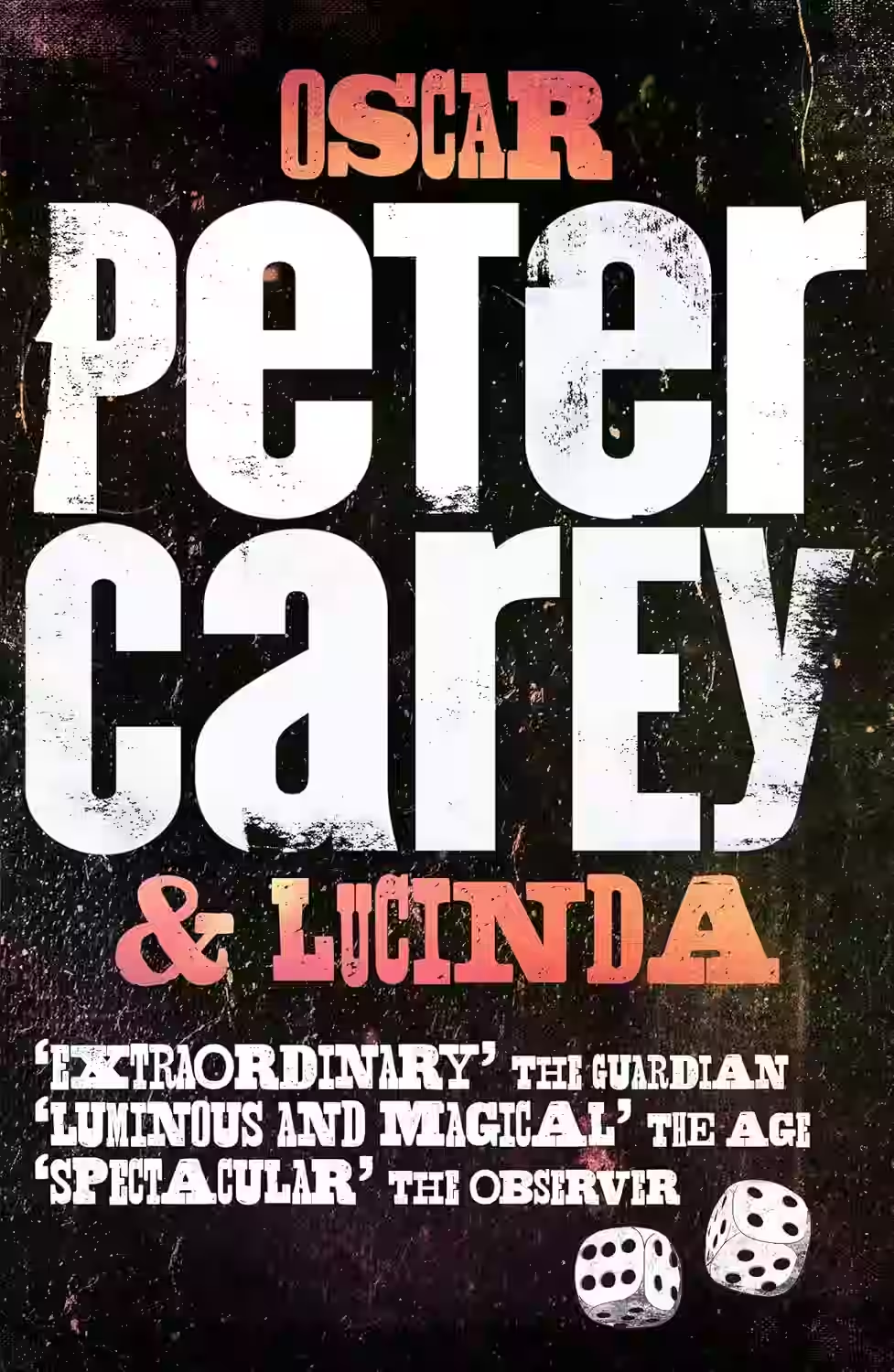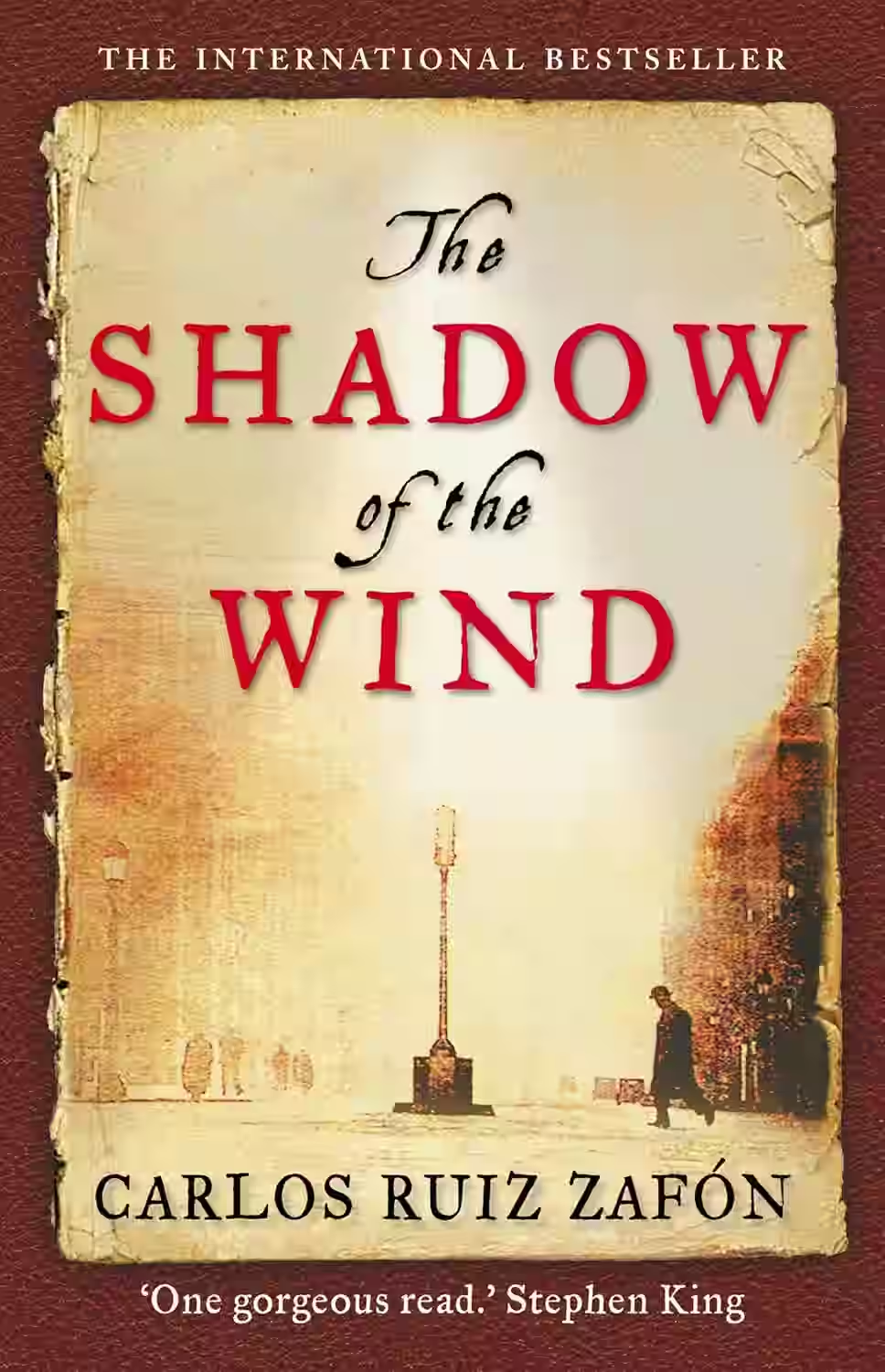
Set in 17th-century Japan, Silence follows Portuguese Jesuit priest Sebastião Rodrigues as he searches for his mentor, rumored to have renounced his faith under persecution. Rodrigues confronts the brutal suppression of Christianity and grapples with the silence of God amid suffering. The novel delves into themes of faith, apostasy, and cultural conflict, presenting a profound exploration of spiritual endurance and the complexities of missionary work in hostile environments.
About Shusaku Endo
A Japanese novelist, known for his Catholic faith and his exploration of themes of Christianity in Japan, cultural clashes, and the nature of faith and suffering. His most famous novel, Silence, depicts the persecution of Jesuit missionaries in 17th-century Japan. Endo's profound and often challenging works delve into complex moral and spiritual dilemmas, offering a unique perspective on faith in a cross-cultural context.
Similar Books

The Song of Achilles
In this lyrical retelling of Greek mythology, the awkward young prince Patroclus falls in love with the legendary warrior Achilles. As they grow from boys to men, their bond is tested by fate, war, and the gods themselves. Set against the backdrop of the Trojan War, the novel explores themes of love, honor, and the cost of greatness.

The Grapes of Wrath
Shocking and controversial when it was first published in 1939, Steinbeck's Pulitzer prize-winning epic remains his undisputed masterpiece. Set against the background of dust bowl Oklahoma and Californian migrant life, it tells of the Joad family, who, like thousands of others, are forced to travel West in search of the promised land. Their story is one of false hopes, thwarted desires and broken dreams, yet out of their suffering Steinbeck created a drama that is intensely human, yet majestic in its scale and moral vision; an eloquent tribute to the endurance and dignity of the human spirit.

Oscar and Lucinda
by Peter Carey
Oscar and Lucinda is a whimsical and poignant novel set in 19th-century Australia, telling the unlikely love story between an eccentric Anglican clergyman obsessed with gambling and a wealthy heiress who buys and runs a glass factory. Peter Carey's imaginative storytelling explores themes of faith, chance, and the fragility of human endeavor.

The Shadow of the Wind
Series: The Cemetery of Forgotten Books (#1)
In post-Civil War Barcelona, young Daniel is introduced to a mysterious book that will change his life forever. When he tries to find other works by the author, he discovers a dark mystery involving a disfigured man who has been systematically destroying every copy of every book the author has written. Daniel's investigation pulls him into a story of murder, madness, and doomed love.